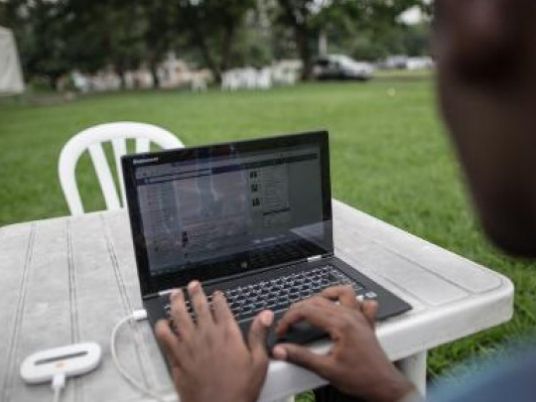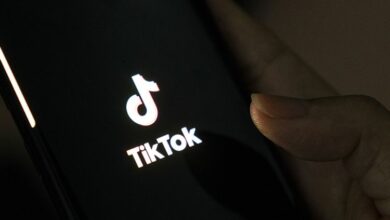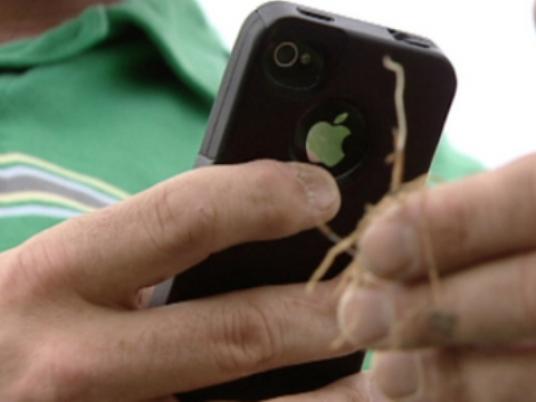
The public's trust in the Internet has been severely eroded by a cloak-and-dagger approach to collecting private data online leaving it open to abuse, the Global Commission on Internet Governance said on Wednesday.
"Confidence must be restored in the Internet because trust is eroding," commission head Carl Bildt told a press conference in The Hague, ahead of a two-day conference on cyber freedom, safety and security.
Around 1,500 delegates from almost 100 countries are to gather in The Hague on Thursday and Friday at the fourth annual Global Conference on Cyberspace (GCCS), which will discuss how to keep the Internet safe and free and how to use it to boost economic growth.
Bildt, a former Swedish prime minister, said distrust was brought about by "the non-transparent market in collecting, centralizing, integrating and analyzing enormous quantities of private information about individuals and enterprises."
Once collected, the information is targeted by governments for surveillance "in ways that have a chilling effect on fundamental human rights, in particular freedom of expression and legitimate dissent and protest," the Global Commission said in an 18-page report released on Wednesday.
Criminals too abused personal data including on the "Dark Web" — the hidden part of the Internet protected by powerful encryption software.
Law enforcement should be allowed to gather data for their investigations but should be "specified in advance, authorized by law and consistent with the principles of necessity and proportionality," the commission added.
"Oversight is required to assure citizens that their rights are not infringed upon in the pursuit of a range of bad actors," recommended the independent commission, set up last year to probe how best the Web should be governed in future.
"Individuals and businesses must be protected from both the misuse of the Internet by terrorists, cyber groups and the overreach of governments and businesses that collect and use private data," it said.




